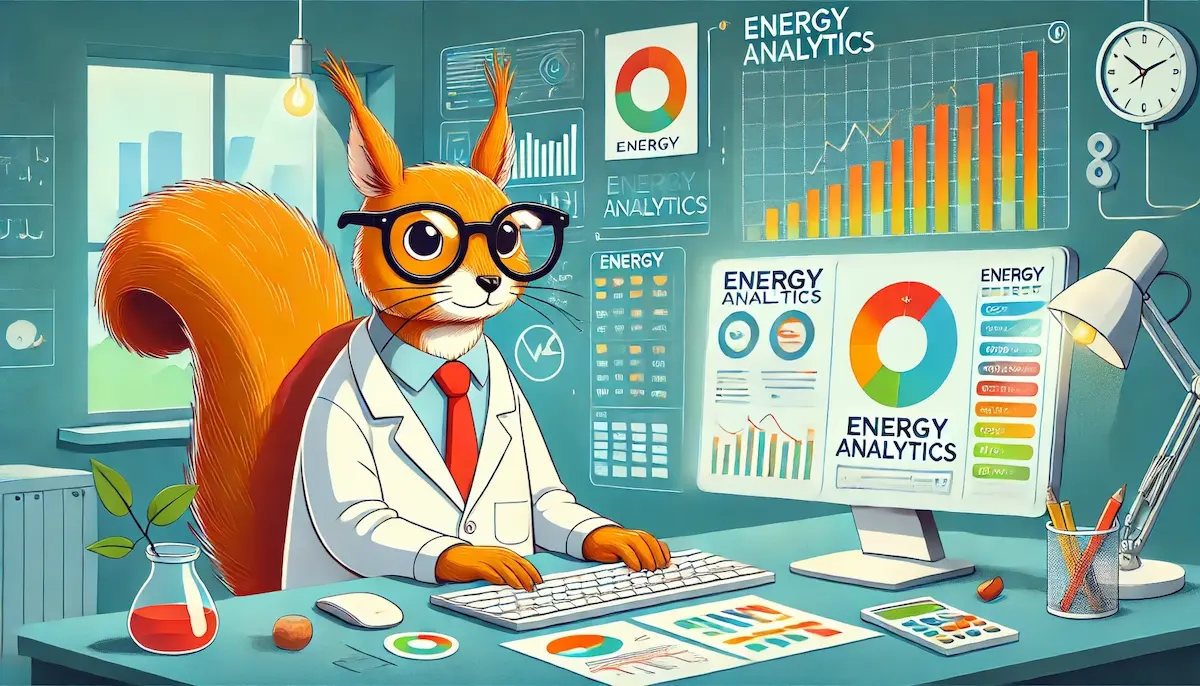Energy analytics is a dynamic and essential field that involves the collection, processing, and analysis of data related to energy production, distribution, and consumption. By leveraging advanced analytical techniques, energy analytics provides insights that help optimize energy use, reduce costs, and support the transition to sustainable energy systems. Let’s explore what energy analytics entails and why it’s crucial for modern society.
What is Energy Analytics?
Energy analytics involves using data science, statistical analysis, and machine learning techniques to study and interpret data related to various aspects of the energy sector. This includes data from energy generation plants, smart grids, consumption patterns, renewable energy sources, and utility operations. The primary goal is to gain insights that can enhance energy efficiency, improve reliability, and support sustainable energy initiatives.
Why is Energy Analytics Important?
Energy analytics offers numerous benefits that are essential for addressing the energy challenges of today and the future. Here are some key reasons why it’s important:
Optimizing Energy Efficiency
By analyzing consumption data, energy analytics helps identify inefficiencies and areas for improvement. This enables businesses and households to optimize their energy use, reduce waste, and lower energy bills.
Enhancing Grid Reliability
Energy analytics provides insights into the performance and reliability of energy grids. This helps in predicting and preventing outages, managing load distribution, and ensuring a stable energy supply.
Supporting Renewable Energy Integration
As the world transitions to renewable energy sources, energy analytics plays a crucial role in integrating these sources into existing grids. It helps in forecasting renewable energy generation, managing variability, and optimizing storage solutions.
Reducing Operational Costs
For utility companies, energy analytics helps optimize operations by improving asset management, enhancing maintenance practices, and reducing operational costs. This leads to more efficient and cost-effective energy delivery.
Facilitating Demand Response
Energy analytics enables the implementation of demand response programs, where consumers adjust their energy use in response to supply conditions. This helps balance supply and demand, reduce peak load, and enhance grid stability.
Promoting Sustainability
By providing data-driven insights, energy analytics supports sustainable energy practices. It helps in reducing carbon emissions, improving energy conservation, and supporting policies aimed at achieving sustainability goals.
How is Energy Analytics Conducted?
Energy analytics involves several steps, from data collection to actionable insights. Here’s an overview of the process:
Data Collection
Data is collected from various sources, including smart meters, sensors, energy management systems, renewable energy installations, and utility operations. This data provides a comprehensive view of energy generation, distribution, and consumption patterns.
Data Processing
The collected data is cleaned and processed to ensure accuracy and consistency. This involves handling missing values, normalizing data, and integrating data from different sources.
Data Analysis
Various analytical techniques are applied to the processed data. Common methods include:
- Descriptive Analytics: Summarizing historical energy data to understand past trends and patterns.
- Predictive Analytics: Using statistical models and machine learning to forecast future energy demand, generation, and potential issues.
- Prescriptive Analytics: Recommending actions based on predictive insights to optimize energy use and operations.
- Geospatial Analysis: Analyzing spatial data to understand geographic patterns in energy consumption and distribution.
Data Visualization
The results of the analysis are often presented using data visualization tools. Visual representations like charts, graphs, and dashboards make it easier to interpret complex energy data and communicate findings effectively.
Actionable Insights
The insights gained from energy analytics are used to inform energy management and policy decisions. This can involve optimizing energy production and consumption, improving grid management, enhancing renewable energy integration, and supporting sustainability initiatives.
Ethical Considerations
Ethical considerations are crucial in energy analytics. Ensuring data privacy and security is essential, particularly when dealing with consumer energy usage data. Transparency in data collection and analysis processes helps build trust with stakeholders. Additionally, the social and environmental impacts of energy policies and interventions should be considered to ensure they are equitable and just.
Conclusion
Energy analytics is a powerful tool for transforming the energy sector and addressing global energy challenges. By leveraging data-driven insights, businesses, utility companies, and policymakers can optimize energy efficiency, enhance grid reliability, support renewable energy integration, reduce operational costs, facilitate demand response, and promote sustainability. As the energy landscape continues to evolve, the importance of energy analytics in achieving a sustainable and resilient energy future will only grow.
Blockfine thanks you for reading and hopes you found this article helpful.
